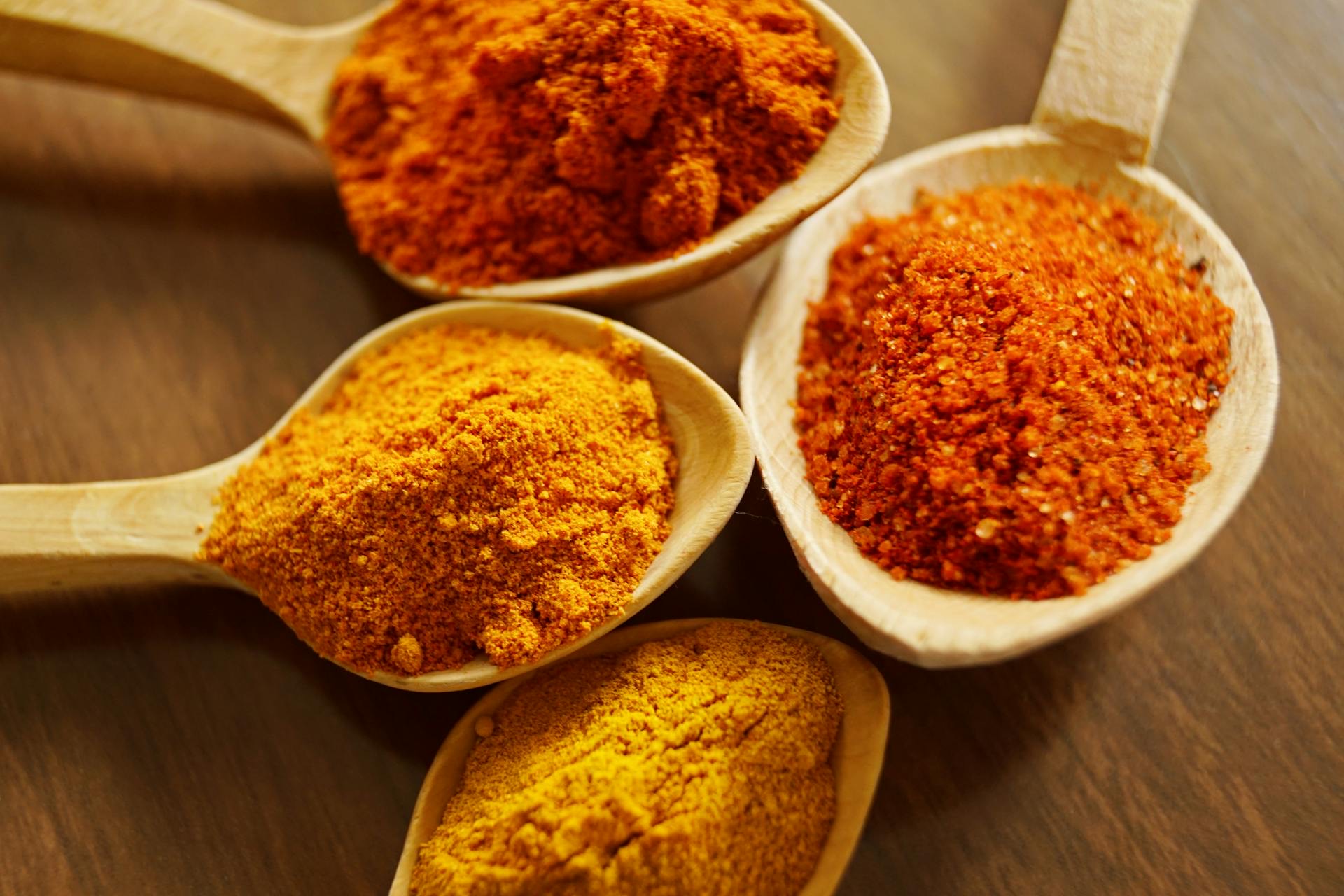Salt is one of the oldest, most fundamental, and most widely used spices in the world. So important and valuable is salt that it has caused wars and civil unrest, and was once used as currency or payment, hence the term “salary.” Used in moderation, salt can improve the flavor of food and provide many health benefits. Used in excess, however, salt can lead to dangerous increases in blood pressure, which in turn can increase the risk of heart disease and stroke.
Similarly, salt can be a double-edged sword for your teeth, offering potential benefits as well as potential harm. While you don’t need to cut salt from your diet for healthy teeth, you shouldn’t be drinking from the salt shaker either.
Here are the upsides and downsides of salt for the health of your teeth and mouth:
Upsides:
- Salt is a natural disinfectant. That is why people often gargle with a saltwater rinse when they have pain or swelling in their mouth or on their gums.
- When used in a mixture of vinegar, salt can help naturally remove plaque from the surface of your teeth. Every two to three days, gargle with a solution consisting of two tablespoons of vinegar, one tablespoon of salt, and four ounces of water.
- Maintaining a healthy pH balance in your mouth is crucial for oral health. You want to promote alkalinity and raise the pH level of your mouth, reducing acidic buildup, and protecting your teeth from decay. Salt can help increase the pH balance in your mouth, making it harder for abrasive bacteria to form and grow.
Downsides
- Sodium-rich foods are often the same foods which contain the simple sugars which can lead to plaque buildup and tooth decay. Plaque is the sticky and colorless film that forms over the surface of teeth. It is formed primarily by trapped and hard to remove food particles, especially carbohydrates like sugar and starches. The problem is bacteria love plaque; they feed on plaque buildup. More plaque inevitably causes more bacteria to fester. In turn, that bacteria produce acid that eats away at tooth enamel and causes tooth decay. Eventually, bacteria may eventually seep into the gums, spreading tooth decay to the root of the tooth and causing gum disease.
- Our teeth, like our bones, need a sufficient amount of calcium for strength and structure. A high amount of sodium can cause your body to lose calcium, which can weaken teeth and make them more vulnerable to tooth decay.
So, can salt harm your teeth? Yes, in excess. But if you keep your sodium consumption to moderate levels and maintain good oral hygiene habits like brushing, flossing, and regular cleanings by your dentist, you can sprinkle some salt in your life without worry.
Assure A Smile: Miami Holistic Dentistry
At Assure A Smile in Miami, we partner with our patients to help them develop healthy, natural, and effective oral hygiene habits as part of an overall wellness strategy and holistic healthcare approach. This includes being conscious and thoughtful about the food we eat and the beverages we drink. To learn more about the importance of holistic dentistry and how to develop healthier habits for a better you, please contact us today at 305-274-0047.





